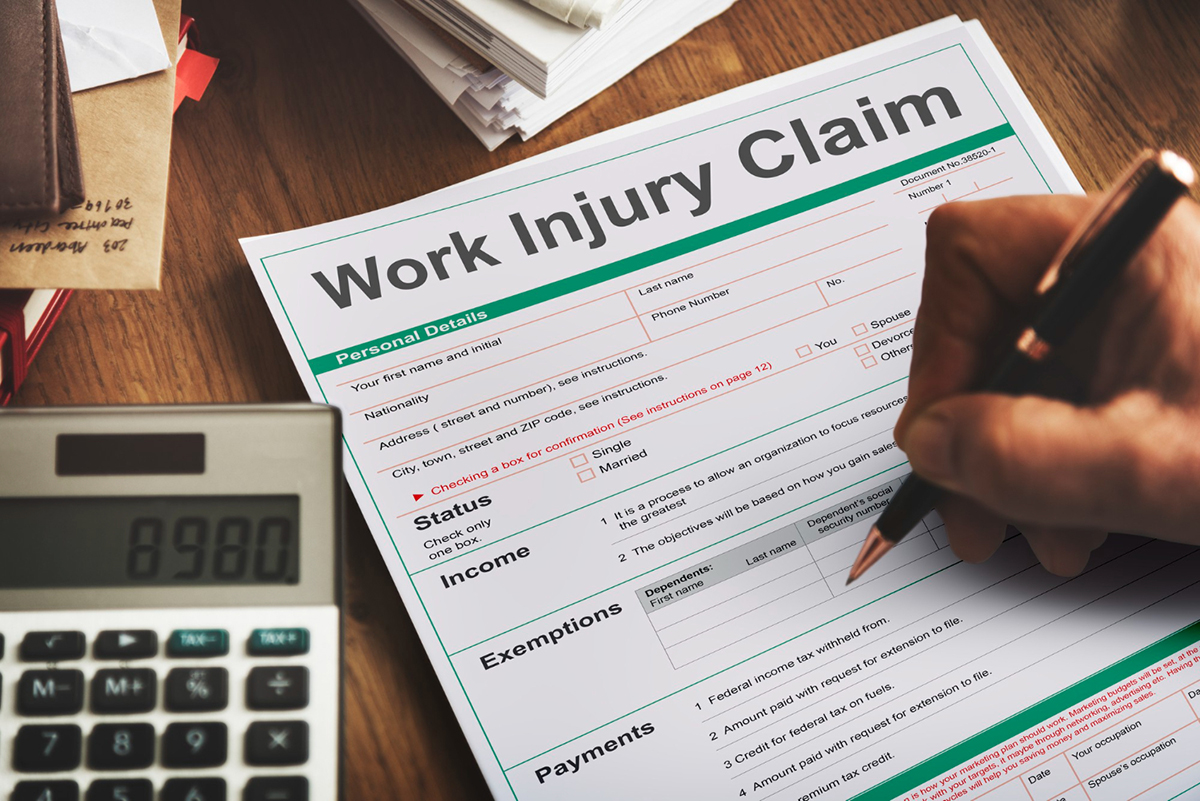
Taking a recorded statement is a critical part of handling workers’ compensation claims. This step is an opportunity for the insurer or employer to gather information about the claimant’s injuries, the incident, and the circumstances surrounding the claim. Having a clear, accurate, and comprehensive recorded statement is crucial in making informed decisions about the claim.
In this blog post, we will provide you with tips on how to take an effective recorded statement for workers’ compensation claims. These tips are based on our years of experience in handling countless workers’ compensation cases. We want to help you avoid common mistakes and pitfalls that can result in a weak or unreliable recorded statement.
Preparation is the key to a successful recorded statement. Be sure to familiarize yourself with all relevant documents and background information related to the claim, such as medical records, incident reports, witness statements, and previous recorded statements. Review all questions you want to ask carefully to make sure they are relevant, clear, and concise.
It is also important to plan ahead for any possible challenges or issues that may arise during the recorded statement. For example, if the claimant has a language barrier or is nervous, consider arranging for a translator or a neutral third party to be present during the statement.
Taking a recorded statement can be a stressful and intimidating experience for the claimant. It is essential to set the right tone from the outset to make them feel comfortable and at ease. Introduce yourself, explain the purpose of the recorded statement and provide reassurance that they won’t be asked trick questions or pressured to say something they don’t remember.
Building rapport with the claimant can also help you get more accurate and detailed information. By showing empathy, actively listening, and asking open-ended questions, you can encourage the claimant to share their experiences and explain the circumstances leading up to the incident, resulting in a more comprehensive recorded statement.
The questions you ask during the recorded statement should be clear, concise, and relevant. Avoid using technical jargon or legalese, as this can confuse or intimidate the claimant. Instead, use plain language and straightforward questions that encourage the claimant to provide detailed and comprehensive information.
It is also important to ask follow-up questions to clarify or elaborate on certain points. Listen carefully to the claimant’s answers, and if you don’t understand something, don’t be afraid to ask them to explain it in more detail.
Recording the statement is not enough; you also need to document it carefully to ensure that nothing is missed or omitted. Make sure you take detailed notes or recordings of everything that the claimant says and clearly mark any areas that need clarification or verification.
It is also important to ensure that the claimant’s responses are accurate and consistent with previous statements, medical records, and other documents related to the claim.
Taking an effective recorded statement can be a daunting task, especially for those who are new to handling workers’ compensation claims. Consulting with a workers’ compensation lawyer can provide you with invaluable guidance and support in navigating the complexities and challenges of the claims process.
A lawyer can help you create an effective strategy for taking recorded statements, review and analyze recorded statements, and provide advice on how to respond to the claimant’s statements. By working with an experienced lawyer, you can improve your chances of reaching a successful outcome in the workers’ compensation claim.
A well-taken recorded statement is a valuable tool in assessing the validity of a workers’ compensation claim. By preparing ahead of time, setting the right tone, asking clear and concise questions, documenting everything carefully, and consulting with a workers’ compensation lawyer, you can take an effective recorded statement that supports your claim. Remember that an effective recorded statement is not just a matter of asking the right questions but also building trust and rapport with the claimant. By following these tips, you can take a comprehensive and reliable recorded statement that helps you make informed decisions about the claim. Contact the experienced lawyers at ARL Attorney today for a free legal consultation to assess your situation and discuss what options you have moving forward. Don't hesitate to get the help you need to protect your interests and rights.